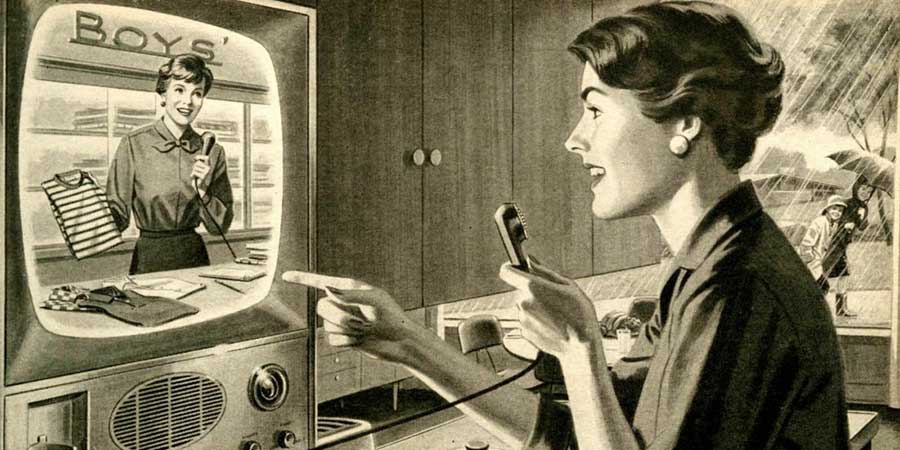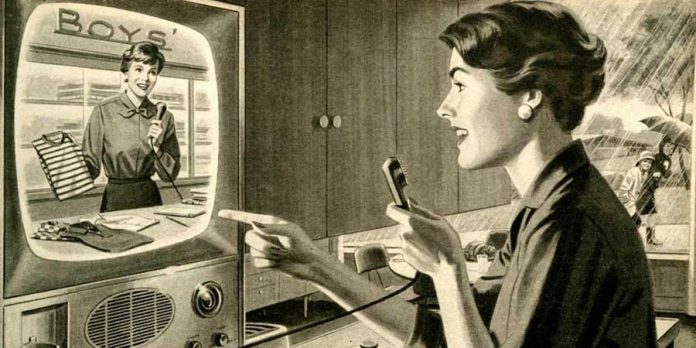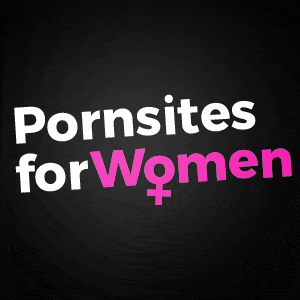by Calico Rudasill, Sssh.com Porn For Women
I hadn’t been born yet, so for me, the answer tends to be facts and events which were drilled into my head by history teachers, family members and pop culture references, like John Glenn becoming the first American to orbit the earth, Wilt Chamberlain’s historic 100-point game and the landmark case Engel v. Vitale, in which the Supreme Court held mandatory prayer in public schools to be unconstitutional.

As it turns out, 1962 was also a big year in the anti-porn movement, with the founding of “Operation Yorkville,” an organization which later changed its name to Morality in Media and last year changed it again, selecting as its latest moniker the National Center on Sexual Exploitation.
Read on…
Another anti-porn organization, Citizens for Decent Literature (a group founded by the oh-so-decent Charles Keating, by the way) released its first anti-porn movie in 1962, an absolute gem of moralistic paranoia called “Pages of Death.”
Seriously: Thank God for the Oregon Historical Society
I’d heard of Pages of Death, but before this week, I’d never seen it. Actually, very few people had, because until recently, it was thought to have been lost to history.
Watched through the lens of a viewer in 2016, Pages of Death comes off like the “Reefer Madness” of porn – with the major difference being virtually everybody laughs off Reefer Madness these days, while even the most absurd anti-porn arguments contained in Pages of Death are alive and well.
The film’s fundamental claim is that porn warps the minds of the viewer, which in the context of the film’s story happens to be an otherwise upstanding young man who has transformed into a vicious, predatory “sex fiend” as a result of looking at magazines and movies with titles like “Scorching Sex Stories” and “Home of the Stripper.”
(Side note: if Home of the Stripper depicts anything like the bedroom maintained by the stripper roommate I had back in the 90’s, I suppose I can understand the concern; there’s no doubt leaving spent cigarette butts in mostly-empty beer cans in random spots on a very cluttered floor is a carpet-apocalypse just waiting to happen….)
At any rate, if you have a thing for over-the-top old propaganda films and about 27 minutes to spare, Pages of Death is sure to give you a kick. At the same time, as noted by Hilary Hanson of HuffPo, it’s also sort of alarming to realize how little the rhetoric of groups like the NCSE has changed over the years, despite (or perhaps because of) porn being more accepted and tolerated by the general public these days than it was back in 1962.
Simple Logic: If Watching Porn Creates Killers….
No matter how you slice it, if you accept the proposition porn turns its otherwise sane and decent viewers into murderous sex fiends, the rate of incidence for all the sex crimes porn allegedly influences people to commit should be through the freaking roof in this country.
Unfortunately for the anti-porn crusaders who push this line of reasoning (and fortunately for all of us, including the crusaders), violent crime rates have been dropping in this country, fairly steadily, throughout the era of the internet.
To be clear, I’m not one of those people who uses these stats to argue watching porn reduces the likelihood of someone committing a crime, either. Until and unless someone can show me compelling evidence to the contrary – something more than a single-point correlation between a change in crime rate and any other variable – my position is there’s simply no significant relationship between porn and crime, positive or negative.
I’m no criminalist, but my hunch is other factors, including socioeconomics, the mental health of individual criminals and experiences such people have during their formative years, among many other variables, are far more significant than a criminal’s past or present entertainment choices.
But…. What About Ted Bundy?
When it comes to “proving” porn’s corrupting influence, a lot of anti-porn people like to cite what the infamous serial killer Ted Bundy had to say about porn’s effect on him.
“As a young boy of 12 or 13, I encountered, outside the home, in the local grocery and drug stores, softcore pornography,” Bundy told Dr. James Dobson, the founder of Focus on The Family. “The most damaging kind of pornography – and I’m talking from hard, real, personal experience – is that that involves violence and sexual violence. The wedding of those two forces, as I know only too well, brings about behavior that is too terrible to describe.”
Of course, the part of Bundy’s interview which anti-porn people generally don’t quote is what he said next (with emphasis added by me): “Before we go any further, it is important to me that people believe what I’m saying. I’m not blaming pornography. I’m not saying it caused me to go out and do certain things. I take full responsibility for all the things that I’ve done. That’s not the question here. The issue is how this kind of literature contributed and helped mold and shape the kinds of violent behavior.”
Whether or not you think Bundy’s perspective on pornography should carry any weight, I have to wonder: Do the people who latch on to Bundy’s “porn influenced my murderous actions” line of reasoning generally accept as truth every rationalization and justification for their behavior provided by sociopathic serial killers, or just those statements which tend to provide support for their various anti-porn theories?
Yeah; that’s what I thought.








 Erotic Cinema For Discerning Adults
Erotic Cinema For Discerning Adults Anonymous Adult Search
Anonymous Adult Search